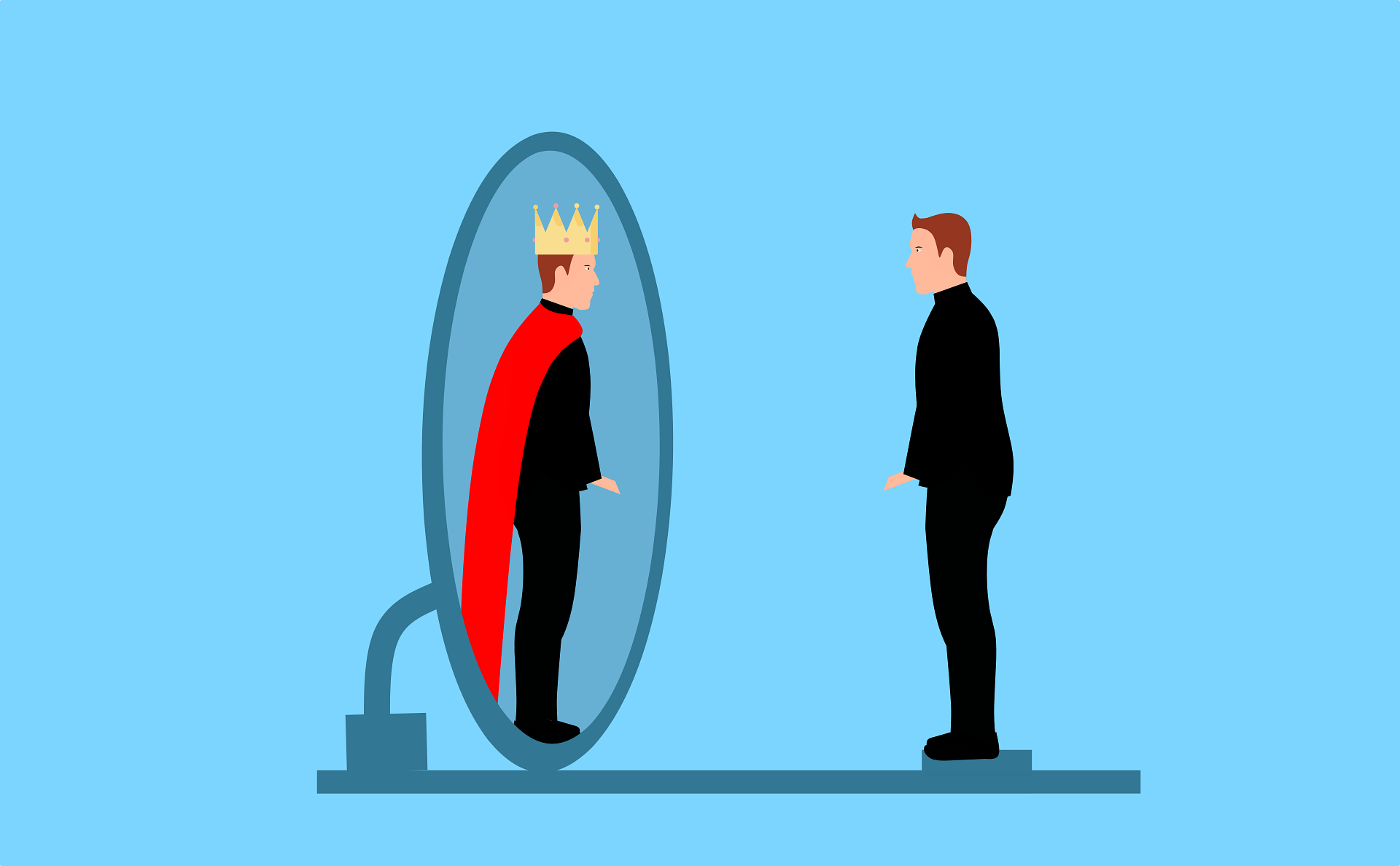Table of Contents
Self-discipline is the cornerstone of success and fulfillment in life. It is the ability to control one’s impulses, emotions, and behaviors in pursuit of long-term goals and values. Whether in personal relationships, academic pursuits, or professional endeavors, self-discipline empowers individuals to overcome challenges, achieve their aspirations, and lead a purpose-driven life. In this article, we delve into the importance of self-discipline, strategies for cultivating it, and its profound impact on personal growth and achievement.
1. Understanding Self-Discipline
Self-discipline is defined as the ability to regulate and control one’s thoughts, emotions, and actions in alignment with one’s goals and values. It involves making conscious choices and sacrifices in the short term to achieve desired outcomes in the long term. Self-discipline is not about depriving oneself of pleasure or living a rigid, regimented life; rather, it is about exercising restraint, focus, and perseverance in the pursuit of one’s aspirations.
| Characteristic | Description |
|---|---|
| Focus | The ability to concentrate on tasks and goals without being distracted by external stimuli. |
| Persistence | The willingness to persevere in the face of obstacles, setbacks, and challenges. |
| Delayed Gratification | The capacity to forgo immediate rewards in favor of achieving larger, long-term goals. |
| Responsibility | Taking ownership of one’s actions, choices, and commitments, and holding oneself accountable. |
| Consistency | Establishing and maintaining daily habits, routines, and practices that support one’s goals and values. |
2. Cultivating Self-Discipline
While some individuals may naturally possess higher levels of self-discipline, it is a skill that can be developed and strengthened over time through conscious effort and practice. Cultivating self-discipline requires self-awareness, goal setting, and the implementation of strategies to overcome common obstacles and temptations.
| Strategy | Description |
|---|---|
| Goal Setting | Setting clear, achievable goals that are specific, measurable, and time-bound. |
| Establishing Routines | Creating daily habits and routines that support the pursuit of long-term goals and values. |
| Building Willpower | Strengthening willpower through exercises such as meditation, mindfulness, and physical exercise. |
| Creating Accountability | Holding oneself accountable to goals and commitments by tracking progress and seeking support from others. |
| Practicing Mindfulness | Cultivating awareness of thoughts, emotions, and impulses, and learning to respond mindfully rather than react impulsively. |
3. Overcoming Common Obstacles
In the journey towards self-discipline, individuals may encounter various obstacles and challenges that hinder their progress. These obstacles may include procrastination, lack of motivation, fear of failure, and temptation. Overcoming these obstacles requires resilience, determination, and the implementation of strategies to address underlying issues.
| Obstacle | Strategy |
|---|---|
| Procrastination | Breaking tasks into smaller, manageable steps and setting deadlines to create momentum. |
| Lack of Motivation | Connecting goals to personal values and passions, and visualizing the rewards of achievement. |
| Fear of Failure | Embracing failure as an opportunity for growth and learning, and reframing setbacks as temporary. |
| Temptation | Removing distractions, establishing barriers, and practicing self-control techniques. |
4. The Impact of Self-Discipline
Self-discipline has a profound impact on various aspects of life, including personal development, academic success, career advancement, and overall well-being. Individuals who cultivate self-discipline are more likely to achieve their goals, overcome obstacles, and lead fulfilling, purpose-driven lives.
| Benefit | Description |
|---|---|
| Goal Achievement | Increased likelihood of achieving personal, academic, and professional goals. |
| Improved Productivity | Greater focus, efficiency, and effectiveness in tasks and activities. |
| Enhanced Resilience | Greater ability to bounce back from setbacks, adapt to change, and persevere in the face of adversity. |
| Better Time Management | More effective utilization of time and resources, leading to greater productivity and work-life balance. |
| Increased Self-Control | Greater ability to resist temptation, make informed choices, and maintain healthy habits and routines. |
Conclusion
In conclusion, self-discipline is a foundational skill that empowers individuals to achieve their goals, overcome obstacles, and lead fulfilling, purpose-driven lives. By understanding the principles of self-discipline, cultivating effective strategies, and overcoming common obstacles, individuals can harness the power of self-discipline to unlock their full potential and create the life they desire.
Through conscious effort and practice, self-discipline can be cultivated and strengthened, leading to greater success, satisfaction, and well-being in all areas of life. As individuals embark on their journey towards self-discipline, let them remember that small, consistent actions can lead to significant, long-lasting results.
Sources
- Psychology Today: https://www.psychologytoday.com
- The Power of Habit by Charles Duhigg
- Atomic Habits by James Clear
- Forbes: https://www.forbes.com



